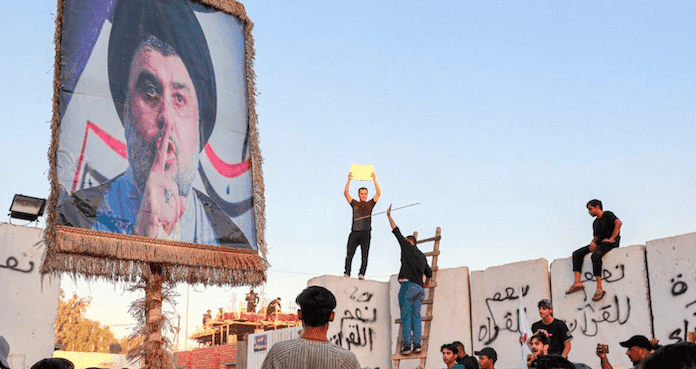The Quran clearly endorses, and rather encourages, liberty and the freedom of belief or disbelief.
Disbelief may include disrespecting God, Prophet Muhammad, and the Quran. Choices that humans make in this life decide their fates in the afterlife.
This free choice means that predominantly Muslim countries that engage in social engineering are violating Islamic tenets as well as logic, a violation that they cover with the theory of cultural relativism — that no country should be held to a global standard of liberty and human rights.
When the world criticized Doha for banning LGBTQ displays and actions and restricting alcohol at the 2022 World Cup, cultural relativists counter-argued that Qatar has its own local traditions, and that the rest of the world should respect them.
When Sweden criticized Tehran for suppressing women’s right to not wear the hijab in public, Iran responded that such issues were sovereign and not open for outside opinion.
Yet when Sweden allowed protesters to burn whichever holy books they pleased, in line with that country’s long tradition of liberty and freedom of expression, both Iran and Qatar joined Iraq in denouncing Stockholm for disrespecting Islam.
To these governments, liberty is not a universal right. Rather, what is universal for them is that every human on the planet, Muslim or not, must treat Islam in ways that these governments prescribe. Otherwise, these governments will cry “Islamophobia” and “hate,” and counter with their own hate — and sometimes violence.
Save for instigation to violence, freedom of expression is not bound by any restrictions. In fact, challenging the ideas of others — including offensively — is at the heart of the debate of our species, called “sapiens” mainly due to its uniquely argumentative nature.
Censorship belongs to the Dark Ages and has no place in our time and age. Sweden did well by standing its ground in defense of liberty and freedom. The free world, while perhaps deploring insults and provocations, should rally to its side.
Hussain Abdul-Hussain is a research fellow at the Foundation for Defense of Democracies (FDD), a Washington, D.C.-based, nonpartisan research institute focusing on national security and foreign policy. Follow Hussain on Twitter @hahussain

